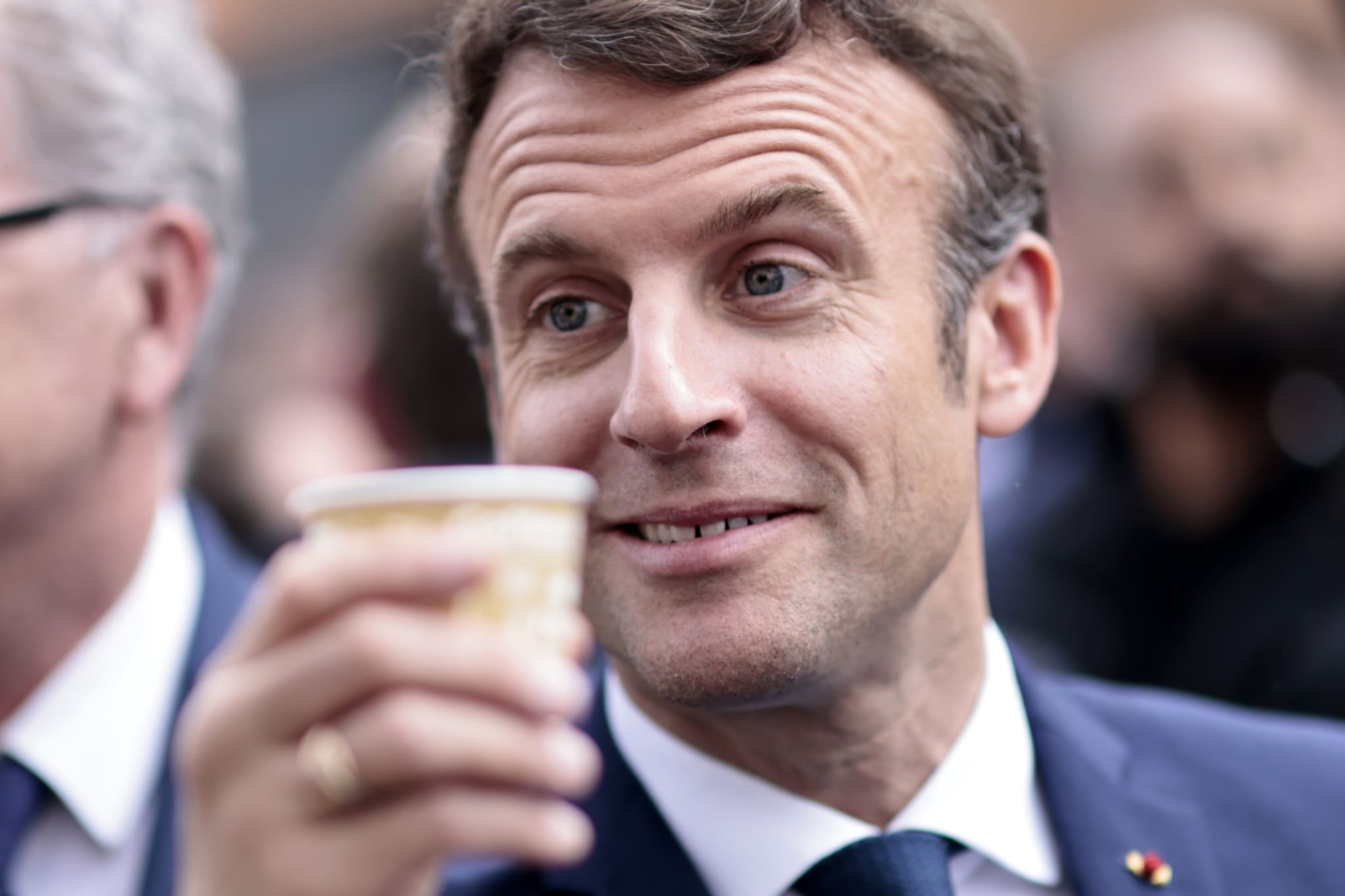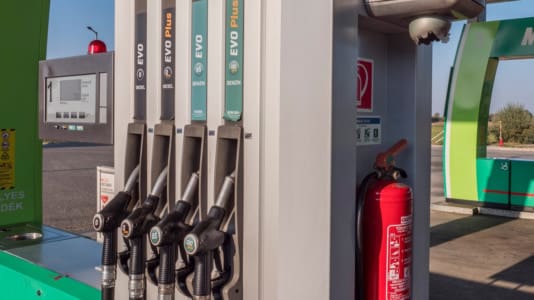France is not a country overwhelmed by mass immigration, and a policy of “zero immigration” is not one that should be taken seriously, left-wing French President Emmanuel Macron has claimed.
The incumbent president was speaking to French tabloid Le Figaro, a matter of days before the first round of the French presidential elections due to take place on Sunday.
In response to concerns put to him about the rate and success of France’s immigration policy during his presidency — a key battleground in the election — Macron hit back at claims from a number of his electoral rivals that France is saturated, claiming the country is “not submerged.”
“Our country is not overwhelmed, as some claim, and ‘zero immigration’ is neither realistic nor desirable,” Macron told the publication.
[pp id=32844]
Pressed on campaign promises made in 2017 to “do everything” so that there is “no longer any reason to vote for the extremes,” the latest polling which puts the sum of conservatives Éric Zemmour and Marine Le Pen, and the far-left Jean-Luc Mélenchon in excess of 40 percent, was put to Macron who admitted “in the field of immigration, the results are insufficient.”
“When one leads, governs or presides, one always has a share of responsibility,” Macron admitted, however he stopped short of taking the blame for France’s continuously high levels of immigration, insisting his presidency had resulted in the strengthening of border protection and “greatly tightened the conditions for entering our territory in a context where flows have increased considerably following the deterioration of the international context.”
However, those claims are generally untrue. One political activist group that highlighted just how porous France’s borders are, was banned by the government and threatened with prison.
Anti-mass immigration rhetoric has fueled much of the recent presidential election debate, with French citizens growing disillusioned with the numbers arriving predominantly from northern Africa, and the lack of assimilation that takes place upon their arrival.
[pp id=31612]
According to the latest poll conducted by Sciences Po researchers, 63 percent of respondents think there are “too many immigrants” in France. Another IFOP poll found that 70 percent of French believe all immigration should be halted, while another recent one from Harris Interactive found that 61 percent of French believed the Great Replacement was occurring which is the ongoing displacement of European populations with non-Europeans. An even higher amount, 67 percent, believe the Great Replacement is not only occurring, but could occur in the future.
The problem for Macron is reconciling his reassuring message that France is not being overwhelmed by immigration with polling data showing the exact opposite sentiment is felt by the French population from some of France’s most prestigious polling firms.
Out of the 5.2 million foreign nationals currently residing in France, which accounts for 7.7 percent of the entire population, half are from Africa. However, there are many others with foreign-origin backgrounds that are not accounted for in the data. For example, third-generation individuals with a foreign background are only counted as French, and there are other tricks and forms of subterfuge used to hide demographic replacement. Birth data also shows that nearly a quarter of all newborns received Muslim names and that share is increasing every year.
On the right, conservative populist Éric Zemmour has used this sentiment to turn the screw on the incumbent Macron, choosing aggressive yet popular immigration proposals to bring the numbers down. Zemmour has promised voters he will expel up to one million illegal migrants during his presidency if elected.
[pp id=6556]
Le Pen, who ran against Macron in the second round of the presidential election back in 2017, has sat back somewhat on the immigration rhetoric, with commentators suggesting she is seeking to appeal to a wider percentage of the electorate and to appear more moderate. Her polling numbers show she is likely to face Macron in the second round.
Both Le Pen and Zemmour however commented on a news item this week which gained traction in the French press regarding the death of Jewish man Jeremy Cohen, who was killed after running into a tram in a bid to escape a violent attack by a gang in the Bobigny commune of Paris.
Bobigny is a region of the Seine-Saint-Denis department which has been dubbed the poorest area in France with the highest levels of violent crime — Zemmour has previously regarded it “a foreign enclave” and a symbol of the “colonization” of France by immigrants.
Bobigny is part of the Seine-Saint-Denis department, France’s poorest area with the highest levels of violent crime on the mainland, according to official statistics.
Zemmour has called it “a foreign enclave” and a symbol of the “colonisation” of France by immigrants, the sort of rhetoric that Macron claims in incendiary and unhelpful. Asked by Le Figaro for his assessment of the right-wing candidates’ campaigns, Macron claimed they were inspired by “a very clear xenophobia and a desire for ultra-conservatism.”
French voters head to the polls on Sunday for the first round of the presidential election. Macron is currently the odds-on favorite to retain the position, but it could come down to a repeat of the 2017 second round run-off between Macron and the nationalist Marine Le Pen.






